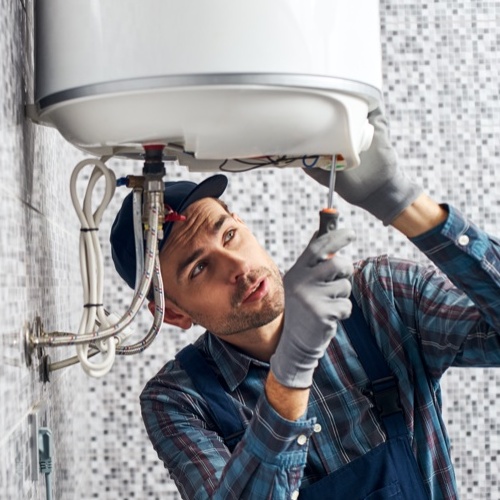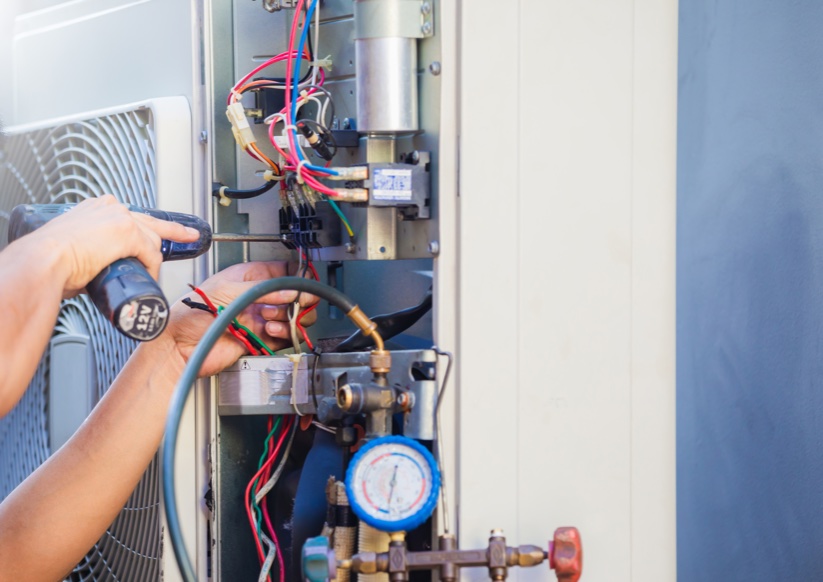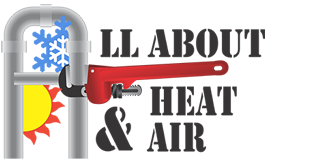
Learn About Water Heaters
The water heater. Every house has one. Every house needs one. This appliance is one of the most underappreciated every house has, yet it is an important appliance. So, when you have a cold shower waiting for you one cold winter North Carolina morning, your first thought is probably, “Guess I need a new water heater!”. But maybe not, water heater repairs are possible.
What are the signs that a water heater repair or replacement may be needed?
When it comes to a water heater that isn’t working some possible issues with an electric-powered unit that water heater repairs are possible include:
- Blown fuse
- Cold and hot water connections are crossed
- The heating element is malfunctioning
- Thermostat quits
The common problems that gas water heater repair is possible are:
- The gas supply is disconnected
- The gas valve is broken
- The thermocouple has quit
- The pilot light isn’t staying lit
Some of these things you can do your own water heater repair like checking the fuses or breaker box, checking the water connections are correct, and relighting the pilot light. However, if you aren’t able to successfully, call a plumber for a professional water heater repair service.
How do you troubleshoot a water heater problem?
How to determine the problems with a water heater depends on if it is electric-powered or gas-powered. However, the following are 4 common issues for either type:
- Thermostat Check
Electric or gas water heaters thermostat should be set between 120- and 140 degrees Fahrenheit. If the water isn’t hot enough or is too hot, check the thermostat setting. After 30-45 minutes, test the water again. If that doesn’t help, you should call a plumber for water heater repair service.
- Pilot Light Check
If you have a gas-powered water heater, check the pilot light. If it isn’t on, re-light it if the smell of gas isn’t overpowering. If the pilot light flickers or goes back out, you need to shut the gas off to the unit and call a professional plumber for water heater repair service.
- Restart the Water Heater
For an electric water heater that isn’t heating the water, turn the unit off and wait 5 minutes. Then turn it back on and after thirty minutes, see if you’re getting hot water. If not, call your plumber for a water heater repair service.
- Check the Breaker Box
If you have an electric water heater that isn’t heating water, check the breaker box. If the specified water heater breaker is flipped, flip it back to on and wait 30 minutes to let the water heat up inside the tank. If you still don’t have hot water, call your plumber for a water heater repair service.

What is the average cost of water heater repair?
This can vary based on the type of problem and between plumbers. Some may have a flat rate for electric water heater repair and a different flat rate for gas water heater repair. Some charge by the house plus parts. And with the parts, the cost of parts can vary between a thermostat and a gas valve, as well as other parts that may be needed for the repair.
How can I tell if my water heater needs to be replaced?
If you’re experiencing any of the following 6 issues, you should start shopping for a new water heater. Repairing the current unit is either not possible, or the cost would exceed the value:
1. The age of the current hot water unit
Most hot water systems have a lifespan between eight and ten years. There should be a manufacturer’s sticker found on the upper part of the unit.
2. Discolored, rusty, or smelly water
Discolored or smelly water coming from the bathroom or kitchen faucet may be because bacteria or rust has built up inside the water system tank. This can also be caused by a broken anode rod. This internal part has the sole job of killing bacteria and removing any microorganisms from the water.
3. Rumbling and weird sounds
A hot water heater will make some sounds, but it shouldn’t be noticeable like banging, bubbling, cracking, gurgling, or popping. These are sounds when sediment has built up inside the tank and the water can’t circulate as intended. If you don’t flush the system as recommended, this is one of the results and it shortens the lifespan of the water heater.
4. Leaking or puddles
If you notice water on the side of the tank, make sure the water connections are firmly connected. If you see water pooling up on the floor, this indicates the tank is leaking. This is not a water heater repair issue – it needs to be replaced.
5. Temperature varies while running water
When you can’t find that ‘just right’ temperature, it inconsistently goes from cold to warm to hot and back again, it could be a water heater repair by replacing the thermostat. But depending on the age, it probably needs to be replaced.
6. A reduced water flow
If the water flow is low coming from the water heater, try a water repair step of flushing the unit and see if that helps. If not, then you’ll need to replace the unit.
How often should I have my water heater inspected?
If you aren’t sure of the water heater’s age or if it has had water heater repairs every year for the past 5 years, you should have it inspected once a year. Once you have replaced the water heater, you should schedule an inspection every 3 to 5 years until the plumbing technician advises you it is time to replace the unit.
Saving Energy – Saving Money!
Can you save energy at the water heater? Yes, these 7 steps can help you save energy which will save you money:
- Turn the thermostat at 120 degrees. If you’re out of town for a week or longer, you can set it even lower.
- When you purchase a new water heater, get the proper size for your household.
- Flush the water heater once a year to keep the sediment low.
- Insulate the water pipes going to the water heater and if the water heater is exposed to an outer wall, invest in a thermal blanket for the tank.
All About Plumbing & Septic assists with water heater repair in Hendersonville, Mills River and Asheville, NC. Call 828-778-2425 to talk to a certified professional.





